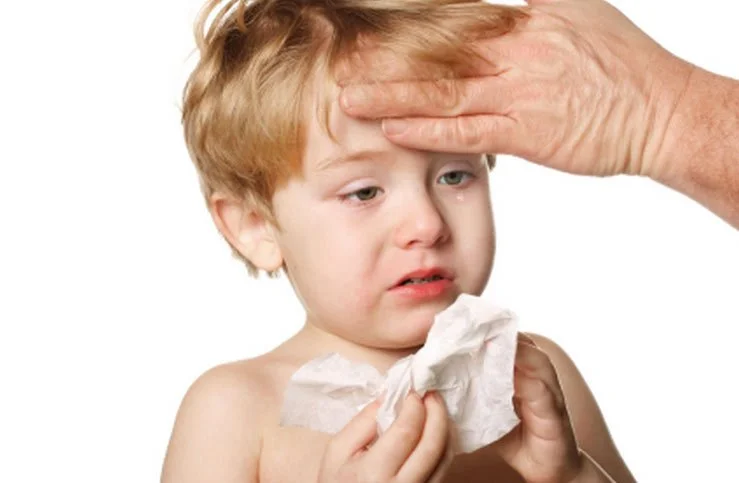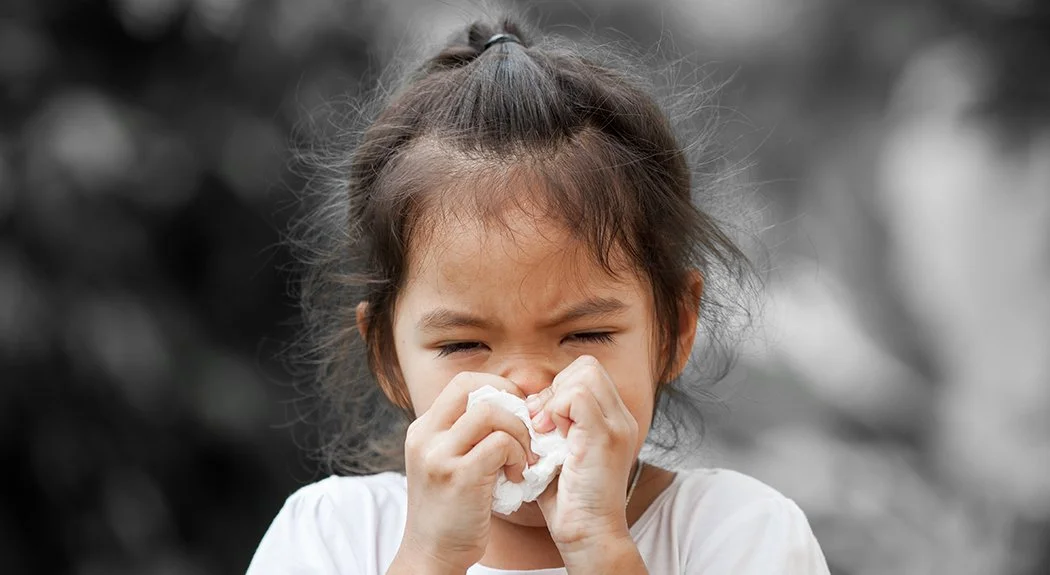Sinusitis
As the mother of two young children I have encountered sinusitis in my daughters on a regular basis. I am often asked about it by other parents so I thought it would be useful to look at the basics of sinusitis, what it is, how it can be treated and what to look out for.
What is sinusitis?
Sinusitis is a very common condition which causes a stuffed-up nose, discharge (mucus) from the nose, headache and pain in the face.
Sinusitis can happen when a child or adult gets sick with a cold; often when the child seems to be getting over the cold they will get develop symptoms of sinusitis.
The sinuses are hollow areas in the bones of the face. When the thin lining (which normally makes a small amount of mucus) gets irritated or infected, it swells and makes extra mucus.
Symptoms mostly start to improve in 7 - 10 days.
The symptoms of sinusitis are:
Runny nose
Stuffy or blocked-up nose
Discharge from the nose (extra mucus) which becomes yellow or green when infected
Fever
Headache
Pain or swelling in the face
Some children will develop a cough as the excess mucous can drip into the back of the throat when they are lying flat causing irritation.
When is Sinusitis more serious, when should I consult my GP?
If after 10 days your child is showing no sign of improvement.
If your child has a fever higher than 39ºC, yellow or green discharge from the nose for 3 or 4 days in a row, and looks sick.
If your child's symptoms get better at first but then get worse.
Because of where the sinuses are located sinusitis can sometimes lead to serious problems.
Take your child to your GP or nurse right away (do not wait 10 days) if they have any of these symptoms:
Fever higher than 39ºC
Sudden and severe pain in the face and head
Vision problems (eg. Seeing double)
Swelling or redness around one or both eyes
Swelling of the face of cheeks
breathing difficulties
Stiff neck
Drowsiness
Is there anything I can do to help my child feel better?
Yes you can:
Give your child an over-the-counter pain reliever, such as paracetamol or ibuprofen however you must never give aspirin to any child younger than 18 years old. When giving your child over-the-counter medicines, never give more than the recommended dose.
Keep the air at home moist. Central heating dries out the air which also dries out the sinuses and so this can cause more irritation in the sinuses.
Ask your GP or nurse about the best way to rinse your child's nose and sinuses with salt water a few times a day- this is useful in older children and adults.
Most children get over sinus infections without antibiotics because most sinusitis is caused by viruses – not bacteria – and antibiotics do not kill viruses
However some children with more serious sinusitis do need treatment with antibiotics. If your child is put on antibiotics, make sure they take them exactly as directed and finish the whole prescription.




